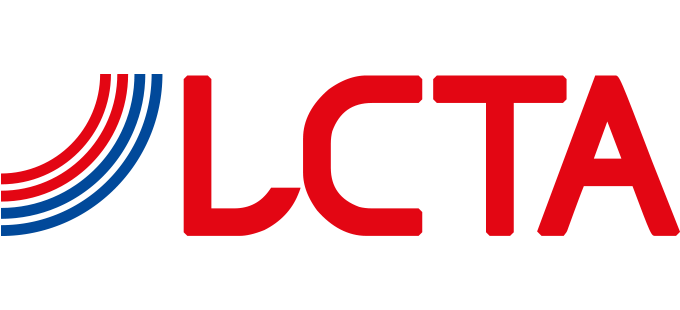Lugano Commodity Trading Association
October 16, 2025 from 14:00 to 18:00
Venue: Chamber of commerce and industry of Canton Ticino, Corso Elvezia 16, 6900 Lugano – Dr. Gildo Papa Classroom (6th floor)
Registration deadline:
October 9, 2025
Registration:
Mandatory, via form

Introduction
The Incoterms® 2020 Rules are the internationally recognized standards that govern the allocation of costs, risks, and responsibilities between sellers and buyers in international sales contracts. When applied correctly, Incoterms® enhance legal certainty and help mitigate the risk of legal disputes and unforeseen additional costs.
This course offers a detailed examination of each Incoterms® 2020 clause and their practical implications in cross-border transactions. Particular emphasis is placed on the rights and obligations arising for both parties, as well as on the correct and effective application of the rules in day-to-day business operations, ensuring participants gain a comprehensive understanding of these critical provisions.
The course is suitable for participants who are new to the Incoterms rules and those who need an update / refresher on the rules.
Content
- Introduction to Incoterms® rules
- Why use them – risk, obligations, cost implications
- The terms – difference between conventional maritime terms and those for other modes
- The terms in detail (E, F, C and D Group terms)
- Incoterms and e-commerce
- Incoterms and insurance
- Which term to use
- Topical issues – Incoterms and payments
The Lecturer
Jon Walden is a Principal Consultant and trainer specializing in Customs, International Trading and Trade Facilitation, with over 35 years of experience in international trade. His expertise spans customs compliance, export development, freight forwarding, trade finance, logistics, and supply chain strategy. Recognized as a thought leader, Jon advises public institutions, multinationals, SMEs, and trade associations, and regularly delivers training and technical assistance worldwide.
He has worked in over 45 countries across Europe, the Middle East, Central and Southeast Asia, and Africa, including in conflict-affected and humanitarian contexts. Jon is a Fellow of the Chartered Institute of Export & International Trade and the Institute of Freight Professionals, and serves on expert rosters for UNCEFACT and UNCTAD. He has contributed to global initiatives such as the ICC Incoterms 2020 review and delivers accredited training on the subject. Jon is a tutor and examiner for the International Trade Centre and the Chartered Institute of Export and International Trade professional qualifications.
A published author and frequent speaker at international forums—including WCO, Intermodal Africa, and Cranfield Agile Club—Jon also designs and leads trade competitiveness programs, such as those for the EBRD, benefiting SMEs across 14 countries.
Admission
CHF 250.- for LCTA’s Executive Board and Regular members (25% discount from the 2nd participant)
CHF 275.- for LCTA’s Sponsor members (15% discount from the 2nd participant)
CHF 320.- for non-members
Maximum number of participants: 25
Registrations are accepted on a first-come, first-served basis.
Participants will be awarded a Certificate of Participation.
Target audience
Junior traders, logistics and back-office professionals in commodity trading.
Registration
Please register by October 9, 2025 through this link.
If a participant is unable to attend the course, a substitute may be appointment at any time. Requests for substitutions will only be accepted by e-mail to events@lcta.ch. For cancellations made 5 days or less before the course start date, 30% of the fee will be retained to cover administrative expenses.
All “No Shows” will be charged the full course cost.

